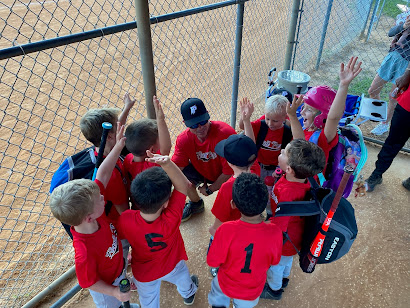Finding Healing: Navigating Compensation and Closure in Personal Injury Cases
Personal injury lawsuits are not just legal battles; they are journeys toward healing, justice, and closure for those whom the negligence or misconduct of others has harmed. At the heart of these lawsuits lies the pursuit of compensation – not merely as a financial remedy but as a means to restore what has been lost, alleviate suffering, and facilitate the process of moving forward. In exploring compensation and closure in personal injury cases, we delve into the intricacies of seeking redress for harm and the significance of closure in the journey toward recovery.
Understanding Compensation: More Than Just Dollars and Cents
Compensation in personal injury lawsuits encompasses various forms of damages, including economic, non-economic, and sometimes punitive damages. Economic damages aim to reimburse the plaintiff for tangible financial losses such as medical expenses, lost wages, and property damage. These damages provide financial security and help offset the monetary impact of the injury or loss.
Non-economic damages, on the other hand, address the intangible losses that are more challenging to quantify, such as pain and suffering, emotional distress, and loss of enjoyment of life. While these damages may not have a price tag, they acknowledge the profound impact of the injury on the plaintiff's quality of life and well-being.
Although less common, punitive damages serve a different purpose. They are intended to punish the defendant for egregious misconduct and deter similar behavior in the future. While punitive damages primarily serve a societal function, they can also provide a sense of vindication for the plaintiff.
The Role of Closure: Moving Forward From Trauma
While financial compensation plays a crucial role in personal injury cases, closure is equally significant in the journey toward recovery. Closure represents the resolution of emotional and psychological distress caused by the injury or loss. It is about finding a sense of peace and acceptance and moving forward from trauma.
Closure can take various forms, depending on the individual and the circumstances of the case. For some, it may come from a sense of accountability and acknowledgment of the defendant's wrongdoing. For others, it may stem from the opportunity to tell their story, be heard, and receive validation for their experiences.
In many cases, closure is facilitated through the legal process itself—the opportunity to confront the responsible party, present evidence, and seek justice in a court of law. The verdict or settlement, while providing financial compensation, also validates the plaintiff's experience and can help restore a sense of dignity and control.
Challenges Along the Road to Recovery
Despite the importance of compensation and closure in personal injury cases, the road to recovery is rarely straightforward. Legal proceedings can be lengthy, complex, and emotionally taxing, exacerbating the trauma experienced by the plaintiff. Moreover, the adversarial nature of litigation can retraumatize individuals, forcing them to relive the events that caused their injury.
Furthermore, the pursuit of compensation may not always lead to closure, especially if the defendant denies liability or the case outcome falls short of the plaintiff's expectations. In such instances, alternative resolution methods, such as mediation or settlement negotiations, may offer a more conducive path toward closure.
A Holistic Approach to Healing
In personal injury lawsuits, compensation and closure are intertwined in the journey toward healing and recovery. While financial compensation addresses the tangible losses incurred by the plaintiff, closure represents the resolution of emotional and psychological trauma. Together, they form the foundation for rebuilding lives and overcoming adversity.
As we navigate the complexities of personal injury litigation, we must recognize the multifaceted nature of recovery and the diverse needs of individuals seeking justice. By adopting a holistic approach that prioritizes financial compensation and emotional closure, we can better support survivors on their path toward healing and empower them to reclaim their lives in the aftermath of tragedy.

Comments
Post a Comment